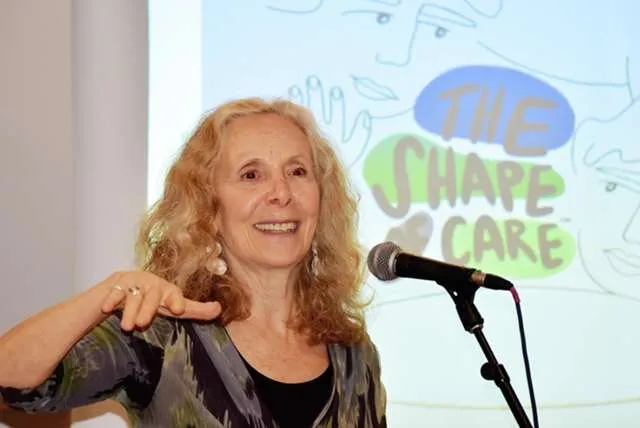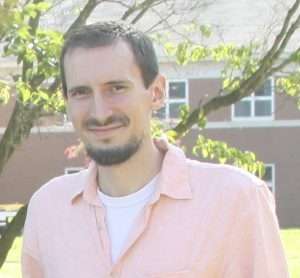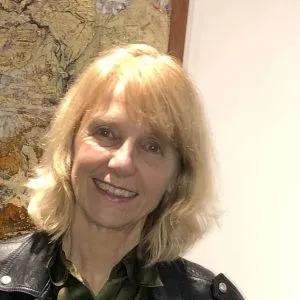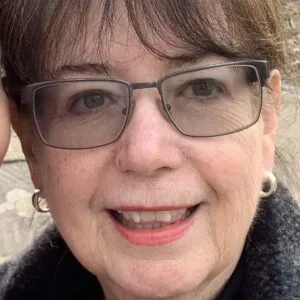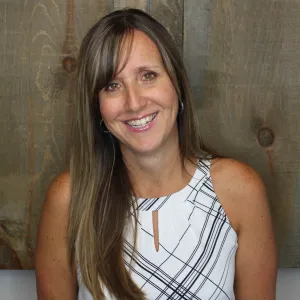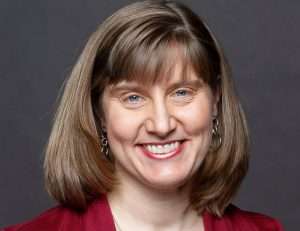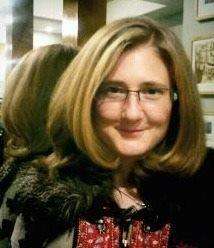Editorial Note:
This profile of Mindy Fried is brought to you through a joint collaboration between Applied Worldwide and Sociologists for Women in Society (SWS). Thank you to SWS and all those who made valuable contributions to the Profiles in Applied & Clinical Sociology series.
This profile is presented as part of a larger project with the intentions of: 1) providing students with examples of applied sociology, 2) providing market value to sociological skills and services, and 3) promoting the work of individual sociological practitioners and organizations. Learn more about Sociologists for Women in Society at SocWomen.Org.
Mindy Fried, PhD
Mindy Fried earned her Ph.D. in Sociology from Brandeis University after first earning a M.S.W. degree from Syracuse University that focused on commu nity organizing and social policy planning. Dr. Fried is now “an applied sociologist with 25 years of experience conducting research, teaching and conducting policy analysis on social justice issues. [She works] collaboratively with organizations to help them build their capacity and strengthen their programs and policies.” Services Dr. Fried offers as an applied sociologist include: evaluation research, management consultation, training on evaluation research design and implementation, workshop design and implementation regarding applied careers, and mentoring/consultation to those considering applied careers.
When we asked Dr. Fried how she established herself as an applied sociologist, she told us, “I began when I was a graduate student in the early 1990s, apprenticing an established evaluation researcher as we evaluated the impact of a training program at Tufts University.”
In addition to her applied work as a researcher, she also hosts a podcast on caregiving called The Shape of Care. You can read the full interview with Dr. Fried below and connect with her on LinkedIn or Twitter to learn more!
Using Sociology in Practice
To begin, can you briefly describe the work you do as an applied or clinical sociologist?
I have conducted a number of large, complex evaluation research studies, including: an evaluation of an arts-based, whole school reform initiative in Title 1 schools in the Los Angeles area (Education Development Center); an evaluation of advocacy efforts related to increasing child care worker compensation in Massachusetts (Urban Institute); and an evaluation of a statewide organizing campaign around the issue of “wage theft” affecting low-income workers (Community Labor United). I have taught gender, work and public policy at a number of Boston-based universities, including MIT, Tufts, Brandeis and Boston University, and Evaluation Research at Boston College. I have published several books, including Caring for Red: A Daughter’s Memoir (Vanderbilt University Press, July, 2016) and Taking Time: Parental Leave Policy and Corporate Culture (Temple University Press). My latest project is a podcast about caregiving, called The Shape of Care, which has released its first season, with a second season in progress. I am also Co-Director of Hoopla Productions, which produces vibrant, culturally diverse, arts-rich events in Boston, aimed at building community across the divides or race/ethnicity, class, gender, and immigrant status.
In general, how do you use sociology in practice?
My career for the past 20+ years has been in applying my research skills, theory and organizational knowledge in supporting nonprofit organizations and foundations, particularly those focused on making the world a better place. I do this from my “perch” as Principal of Arbor Consulting Partners (www.arborcp.com). I also apply a sociological eye in my work creating a podcast about caregiving, in which I bring a gender, race/culture, age lens to my storytelling and educating.
How do you use sociological research methods in practice?
I use my research skills to evaluate social programs.
Lessons for Future Practitioners
What types of courses should undergraduate students take in preparation for a career similar to yours?
– Research methods in practice – how to take sociology out of the classroom and into the nonprofit sector, as well as communities.
– Evaluation research – which I taught at Boston College to both undergrads AND grad students
What types of courses should graduate students take in preparation for a career similar to yours?
– Research methods in practice – how to take sociology out of the classroom and into the nonprofit sector, as well as communities.
– Evaluation research – which I taught at Boston College to both undergrads AND grad students
What types of experiences should undergraduate students seek in preparation for a career similar to yours?
Hands-on application of research methods in organizations, which I incorporated into my course on evaluation research. All students were part of a team that conducted an evaluation of a program in a nonprofit organization.
What types of experiences should graduate students seek in preparation for a career similar to yours?
Hands-on application of research methods in organizations, which I incorporated into my course on evaluation research. All students were part of a team that conducted an evaluation of a program in a nonprofit organization.
What texts or authors can people reference to learn more about the work you do as an applied or clinical sociologist?
– Rossi, P.H., Lipsey, M.W. and Freeman, H.E. (2004). Evaluation: A Systematic Approach, 7th edition. Thousand Oaks, CA: Sage.
– W.K.Kellogg Foundation (2004). Using Logic Models to Bring Together Planning, Evaluation, and Action: Logic Model Development Guide
– Patton, Michael (2010), Utilization-Focused Evaluation, in Segone, Marco, Editor, From policies to results
– http://www.mindyfried.com/category/working-with-evaluation-researcher/
More generally, what are the best outlets to learn more about the work you do as an applied or clinical sociologist?
– www.arborcp.com
– www.theshapeofcare.org
– www.hooplaproductions.org
How would you describe the daily life of an applied or clinical sociologist?
As a consultant, I have a lot of autonomy over the kinds of work I do. I’ve now done this work for 20+ years, and so I have a strong network to develop new consulting projects. My daily life as an applied sociologist is very much impacted by the type of research I’m doing and intensity of the project, the role I’m playing (e.g., lead, support), and my approach to a particular project. A “surgical” study in which I survey or interview folks and write something up is far less labor-intensive than an ethnographic study in which I’m a participant observer in the org’s activities. My daily life as an applied sociologist also depends on the stage of a project. I spend time developing new work, as well as starting up and intensively conducting the work. Finally, I’m applying my knowledge/skills as a sociologist to non-traditional projects, like podcasting and event-producing. My daily life in these worlds is quite different from my life as a researcher!
What advice do you have for aspiring applied and clinical sociologists?
Think about your purpose as a sociologist. Working in academia is a fine option, but not the only option. Get as much hands-on experience as you can in the applied world to see if it’s a good fit for you. Consider the pros and cons of the academy and the nonprofit world in terms of workplace culture, level of autonomy, diversity of tasks on the job, where you want to make your mark (e.g., types of publications, events, speaking).

